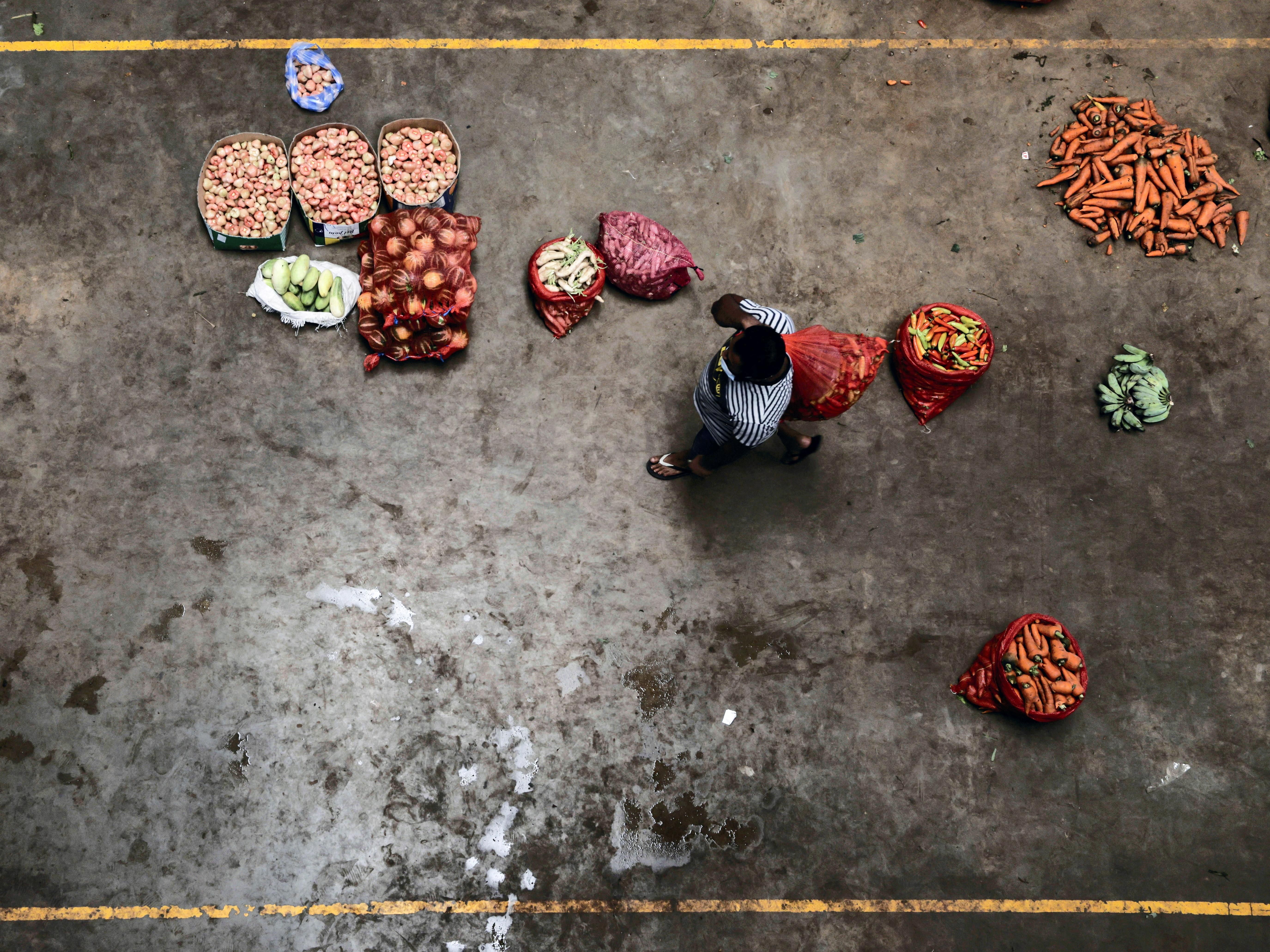25: Sri Lanka’s new President Ranil Wickremesinghe will reveal a 25-year road map that he says will cut public debt and bring his country back from the economic brink. Wickremesinghe will present the plan to the International Monetary Fund as Sri Lanka tries to renegotiate some of the $51 billion in foreign debt it owes.
140,000: At least 140,000 homes and residential buildings have been destroyed in Ukraine since Russia’s invasion began on Feb. 24, according to Ukraine’s Defense Ministry. Kyiv now estimates that around 3.5 million Ukrainians have been left homeless as it braces for more evacuations from the east as Russia’s onslaught continues.
3: The Spanish government's attempt at body-positive summer messaging has …. not gone well. Three British women say their images were used in the campaign – which focuses on encouraging women of different shapes and sizes to strip down at the beach – without their consent. Spain’s government said that “at no point was it aware that the women in the images were actual real people.” Okay.
16: In a journey meticulously planned by conservationists,
16 cheetahs will be flown from South Africa to India in a bid to reintroduce the species in the South Asian country more than 50 years after they became extinct there. Critics say the relocation is risky for the big cats, but conservationists say it is crucial to expanding the global cheetah population.
